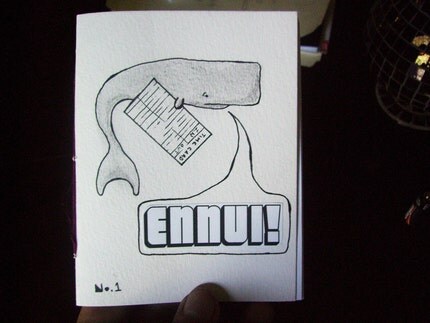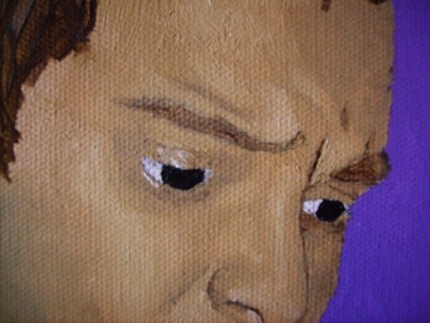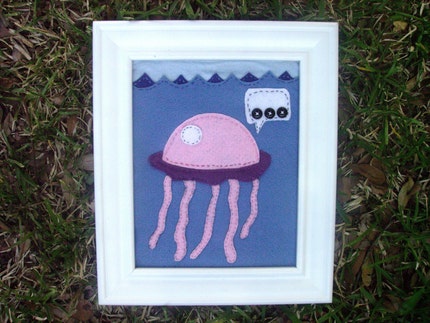
Wow! I'm sorry it's been so long? Does anyone still read this? Am I arrogant to assume anyone ever did? There are nine of you 'followers' so I'm assuming (statistically) one of you has to have been reading; at least the follower that is secretly me to make me look like I've actually have followers.
I've been giving all of my writing energy to my zine and my project with my pal Bryan - I'm sorry. I'm just trying to release this forty page zine every three months. Anyhow, this issue seems to be about my life as a rhizome. It sounds a lot more cryptic than it is (but it sounds as pretentious as it really is. I'm trying to impress you.)
I was reading some stuff this guy Gilles Deleuze wrote about Kafka. I've read a lot about Kafka (more has been written about him than I think he'd be able to take without puking). This stuff was all over the place, though, jumping from one concept to the other. Did you ever feel like something was utterly mad and ultimately enlighting all at once? This is the feel I got from it.
Upon more research, this seems to be the point of the way Deleuze writes about things. Most literary criticism reminds me of regular rock music - verse, chorus, verse, chorus, solo, chorus. Pretty straightforward. Deleuze analyzed Kafka's life more like dixieland jazz - three intruments playing a solo simeltaneously. Whereas most critics (and authors, and directors, and so on) seem to list events or concepts in a logical order, one leading to the next, Deleuze showed how many are interconnected to each other, and how many things really make no sense. This way of describing and looking at things seemed to make no sense to me, and also make too much sense to me.
Replacing the good ol' timeline - point A to point B - was a web. There is no beginning and no end. The artist picks where to start, where to go, and where to end, all arbitrarily. Is this just a pointless way of looking at the way I look at things? Maybe.
It's like the brain. There are a limited number of cells. But the connections between the cells can be infinite. All the importance lies there. There are a limited number of things and people in my life. But the connections between them stretch on forever.











